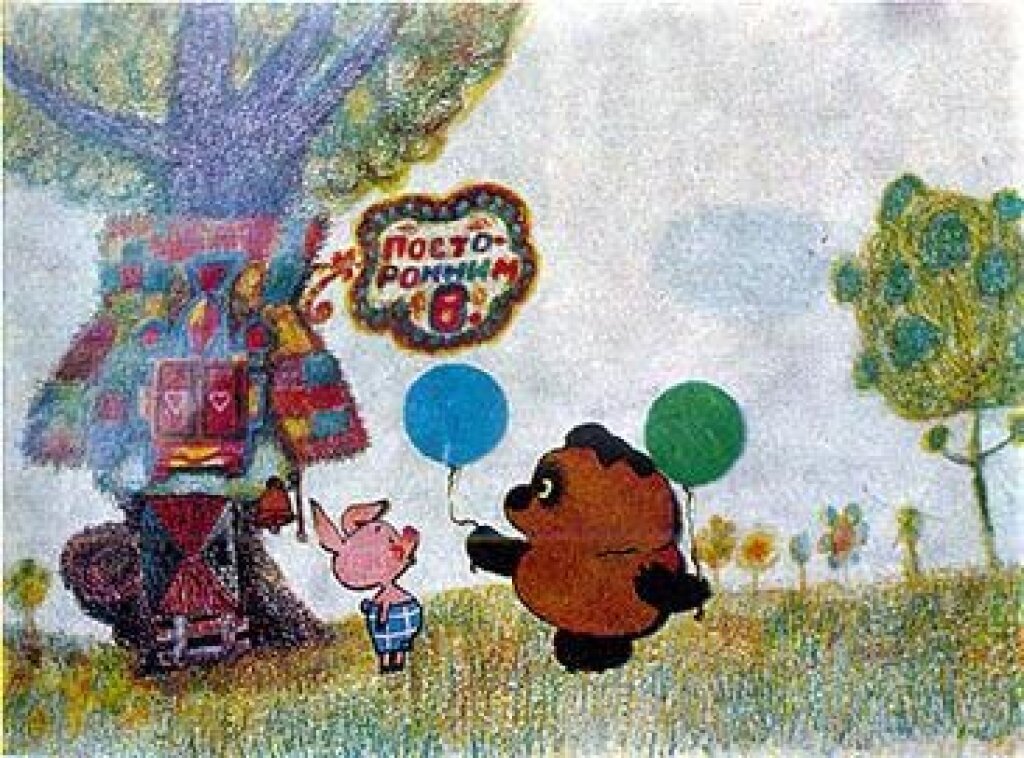Mike (Misha) Danilin holds an MA in Russian and Slavic Studies from NYU. Since 2006, he has worked at NYU as a preceptor in Russia-related world cultures courses and a Russian-language lecturer. As an expert in the field of Soviet/ Russian rock, he occasional speaks on the subject at the Jordan Center. Beyond academia, he's a musician running two NYC-based projects: Interzona and MD & The Healers.
Last August was marked by ongoing mass protests in Belarus targeting the “last European dictator,” Alexander Lukashenko. This article discusses the song that became the soundtrack of these events: “Peremen!” (“I Want Change!”) by the legendary band KINO. First released in 1987, the song instantly became the anthem of perestroika, and has symbolized the desire for change in Russia and other post-Soviet republics ever since. Its continued relevance is demonstrated, in particular, by its resurgence during the events in Minsk. An important coincidence: last August marked the thirtieth anniversary of the car accident that killed KINO frontman Viktor Tsoi at the very peak of his fame. So why has this new-wave tune, written so long ago, enjoyed such strong cultural impact and longevity?
First and foremost, "Peremen" is one of the major hits of KINO, arguably the most important Soviet/Russian rock band. Having emerged in the underground of St. Petersburg — the capital of Russophone rock-n-roll — in the early 1980s, it spearheaded the Soviet rock revolution until Tsoi’s tragic death in a car accident in 1990. Though the band effectively ceased to exist following the death of its charismatic leader, its legacy continues to attract new fans, some of whom were born long after Tsoi’s death. KINO’s major hits remain very popular both among the youth and older generations. Since “Peremen!” is one of their best-known hits, it comes as no surprise that it still circulates today.
Secondly, “I Want Change!” is not just one of KINO’s major hits: it’s the very song that helped what was already a well-established underground collective break into the mainstream. One of the main slogans put forward by Mikhail Gorbachev, initiator of perestroika, was "glasnost" — literally “voicification” or “being able to speak freely.” From 1985 forward, journalists, film directors, artists, politicians, and public figures of every stripe were not only allowed, but expected to start discussing subjects that had previously been taboo. Nothing was off-limits: from corruption at all levels of official state power, to the awful state of the Soviet economy, to the war in Afghanistan, all the way to "unsavory" topics like prostitution, drugs, alcoholism and, well, all things rock-n-roll!
A slew of articles, films, and works of art and music quickly emerged to meet the new demand for openness — including Sergei Solovyov's film Assa (1987). Assa's hero, an underground rocker, falls in love with a wife of an apparatchik, one of the higher-level Soviet oligarchs. When the apparatchik finds out about their relationship, he warns the rocker to withdraw. When the musician refuses, the consequences are tragic for all involved. The iconic young Soviet rocker was played by St. Petersburg artist and KINO percussionist Sergei Bugaev, better known by his stage name, Afrika. The film featured music from a few well-known Soviet underground bands and artists, including Aquarium and Bravo. Afrika talked Solovyov into attending one of KINO’s concerts, and Solovyov was impressed enough with "Peremen!" that he chose to feature it in the closing scene and end credits to his film. With the release of Assa, the very first film of its kind, Tsoi's song became an instant success, while KINO hurtled to stardom. It is a crucial sign of the times that "Peremen!" managed to move Solovyov, a man twice Tsoi's age and a member of a generation with little knowledge of the emerging Soviet underground rock movement.
Ironically, Tsoi himself never perceived the song as political. Although he never answered questions about the meaning of his lyrics, I’ll take the liberty of providing my personal interpretation. To me, “I Want Change!” is about the desire to change things, to break out of the cycle of everyday routine, to step out of one's comfort zone — and simultaneously, it's about the fear of change. The song's conflict is very internal, very personal. Yet these are the major characteristics of Tsoi’s art: his messages are highly personal and conveyed through simple words. Yet they are charged with such inescapable energy that they become equally personal to his audience — which explains why the message of “Change!” remains so appealing generations later.
Another important factor contributing to "Peremen's" longevity was the moment in which it was created — the 1980s, which many critics and commentators regard as the “Golden Age” of Russian rock. For the first time in the entire 70 years of its existence, the USSR was experiencing real political and social upheaval. And so, despite Tsoi's insistence that the internal conflict the song described was purely personal, political meaning was inevitably ascribed to it, an interpretation bolstered by the universal and open nature of Tsoi’s lyrics. From that point forward, the “Change!” in KINO’s song has always been associated with the late 1980s, a time of significant and long-awaited changes in Soviet history.
Beyond its momentous historical context, the song possessed intrinsic features that have helped it survive to the present. Tsoi and his bandmates were always very conscious of staying current and trendy with respect to the Western music scene. They were some of very few Soviet musicians who succeeded in making their recordings sound comparable to Western counterparts — an enormous achievement given how little access underground rockers (who, after all, were hardly in it for the money) had to high-quality musical instruments and studio technology. Moreover, with the Iron Curtain still intact, obtaining information from the West, including music and videos, was a challenging task.
Being well-established in underground circles helped KINO find the tools to polish their art, while making it accessible at the same time. Unlike many of their peers, they took their image very seriously, outraging some of their comrades-in-arms as being typical of pop stars rather than rock musicians. To add to the provocation, Tsoi openly called KINO a pop band in some of his interviews. The “rock vs. pop” conflict in the Soviet Union and later in Russia is beyond the scope of this post, but suffice to say that Tsoi's statement was fairly revolutionary. Ultimately, KINO's combination of trendiness and accessibility propelled them to stadium-level rock band success.
Though Tsoi never answered questions about what his songs "meant" — mockingly stating that doing so was as distasteful as explaining jokes — he did say that he always believed that, no matter their circumstances, individuals should be free to preserve their inner self as opposed to some external comfort. In my opinion, this is the main underlying message of all his songs, including “Peremen!” This universal, if not to say existential, longing for freedom and change, expressed with such sincerity and such energy by one of the most charismatic Soviet rockers during the time of perestroika — a time the popular consciousness still strongly associates with change — ensured that it would never go out of style. It makes sense, then, that young rebels should play it during protests in Belarus, even as they face the same repercussions as their predecessors from over 30 years ago. For better or for worse, change felt inevitable back then, no matter how frightening it may have looked.



